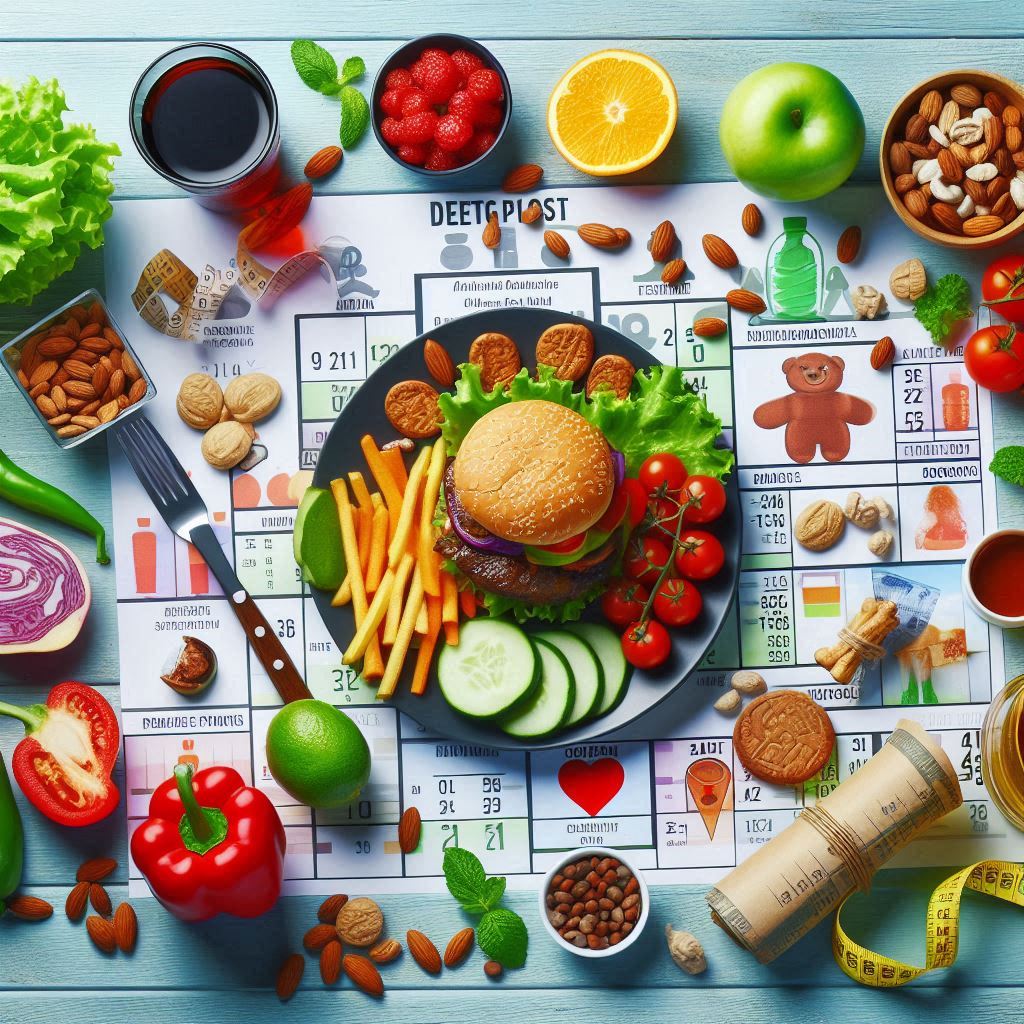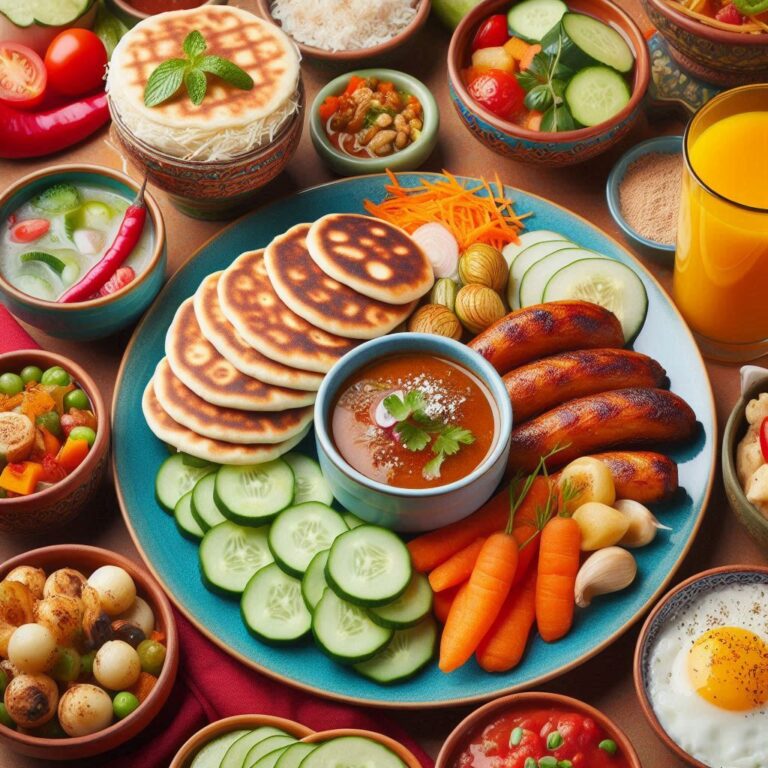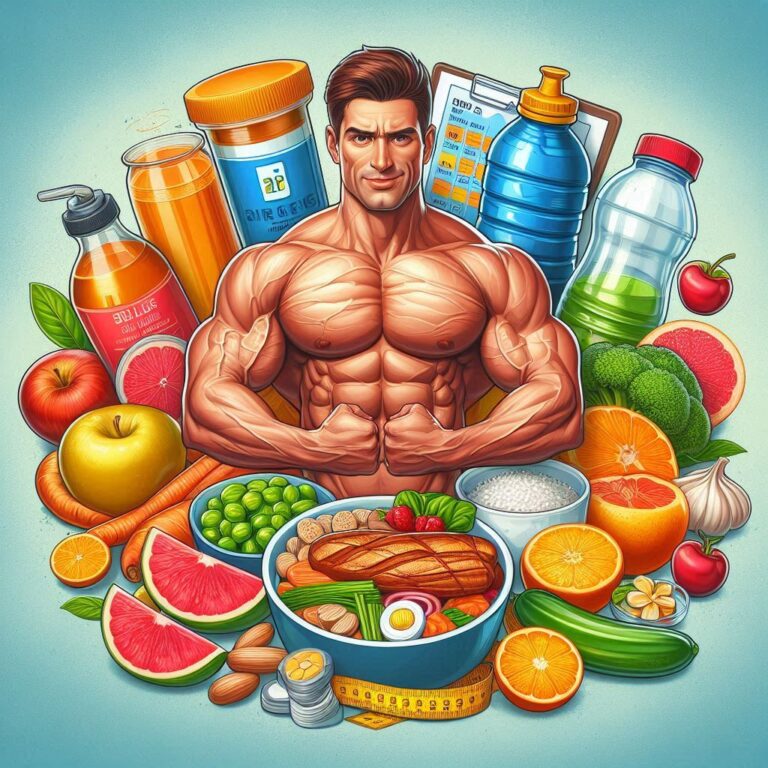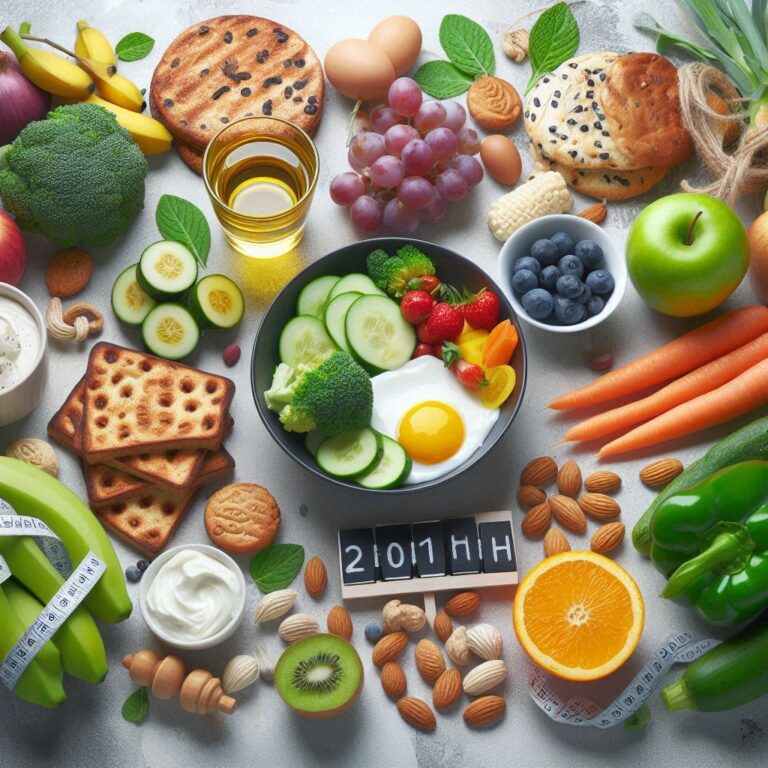In the world of weight loss, calorie-restricted diets are often recommended to help individuals shed pounds effectively. One popular and frequently discussed approach is the 1200-calorie diet. This low-calorie plan is especially popular among women looking to lose weight quickly while still maintaining proper nutrition. But is it right for you? In this article, we’ll explore what a 1200-calorie diet looks like, its benefits, potential risks, and how you can follow it in a healthy and sustainable way.
What Is a 1200-Calorie Diet?
A 1200-calorie diet is a structured eating plan where you consume approximately 1200 calories per day. It is designed to create a calorie deficit — the cornerstone of any weight loss strategy. When your body burns more calories than it takes in, it begins to use stored fat for energy, leading to weight loss.
This diet is generally suitable for:
- Women with a sedentary or lightly active lifestyle
- Short-term use for rapid weight loss
- People under medical supervision
However, it’s important to note that 1200 calories may be too low for many people, especially men or those who are physically active.
Is 1200 Calories Safe for Everyone?
Not necessarily. While 1200 calories might be sufficient for some, it can be too restrictive for others. Caloric needs vary depending on age, gender, weight, metabolism, and activity level. If your body is consistently underfed, it may go into “starvation mode,” slowing your metabolism and leading to nutrient deficiencies.
People who should avoid a 1200-calorie diet include:
- Men and teenagers
- Athletes or highly active individuals
- Pregnant or breastfeeding women
Always consult a registered dietitian or doctor before starting a low-calorie diet.
Benefits of a 1200-Calorie Diet
1. Quick Weight Loss: Since the calorie intake is significantly lower than the average daily needs, you can expect a relatively rapid drop in weight, especially in the first few weeks.
2. Encourages Discipline and Structure: With a strict calorie cap, it becomes easier to track and monitor food intake, which can improve eating habits.
3. Portion Control: A 1200-calorie limit naturally teaches you to eat smaller, more balanced portions.
4. Focus on Nutrient-Dense Foods: To stay full and healthy within the limit, you’ll need to choose high-quality, nutrient-dense foods, which can lead to better overall health.
What to Eat on a 1200-Calorie Diet
A balanced 1200-calorie diet should include the right combination of macronutrients:
- Carbohydrates: 45–50% of daily intake
- Protein: 20–25%
- Fats: 25–30%
Healthy foods to include:
- Lean Proteins: Chicken breast, turkey, tofu, beans, eggs
- Vegetables: Leafy greens, broccoli, bell peppers, zucchini
- Whole Grains: Brown rice, oats, quinoa, whole wheat bread
- Healthy Fats: Avocados, nuts, olive oil, seeds
- Low-Calorie Fruits: Berries, apples, melons
These foods are not only low in calories but also high in fiber, vitamins, and minerals — all essential for sustainable weight loss.
Foods to Avoid
To make the most of your calorie budget, it’s important to avoid calorie-dense, low-nutrient foods:
- Fried and fast food
- Sugary snacks and beverages
- Refined carbs (white bread, pasta, pastries)
- Processed meats (sausages, bacon)
- Cream-based sauces and dressings
These foods can quickly eat up your calorie allowance without making you feel full.
1200-Calorie Meal Plan
Here’s a sample day to give you an idea of how to structure your meals:
Breakfast (300 calories)
- 1 boiled egg
- 1 slice of whole grain toast
- ½ avocado
- Black coffee or herbal tea
Morning Snack (100 calories)
- 1 small apple
Lunch (350 calories)
- Grilled chicken salad with mixed greens, cucumber, cherry tomatoes, and olive oil vinaigrette
- Sparkling water
Afternoon Snack (100 calories)
- 10 almonds or a small Greek yogurt (low-fat)
Dinner (350 calories)
- Grilled salmon or tofu (3 oz)
- Steamed broccoli and quinoa (½ cup each)
- Lemon water
Total:
- Calories: ~1200
- Protein: ~68g (≈ 23%)
- Carbs: ~86g (≈ 29%)
- Fat: ~65g (≈ 48%)
Meal Prep Tips for a 1200-Calorie Diet
- Batch Cooking: Prepare meals in advance to avoid impulsive eating.
- Use Measuring Tools: Food scales and measuring cups ensure accuracy.
- Plan Snacks Wisely: Choose nutrient-rich, low-calorie options.
- Read Labels: Some “healthy” foods are high in hidden calories.
Meal prepping not only saves time but also helps you stick to your calorie goals.
Exercise and a 1200-Calorie Diet
Exercising on a low-calorie diet can be tricky. While physical activity boosts weight loss, it also increases your body’s energy demands.
Best practices:
- Opt for low- to moderate-intensity workouts (walking, yoga, light strength training)
- Avoid intense exercise unless you’re under professional guidance
- Stay hydrated and adjust food intake if you feel overly fatigued
Listen to your body. If you feel dizzy, overly tired, or irritable, it may be a sign you’re not eating enough.
Common Mistakes to Avoid
- Skipping meals: This can lead to overeating later.
- Relying on diet foods: Many are low in calories but also low in nutrients.
- Ignoring macronutrients: Not getting enough protein or healthy fats can make the diet unsustainable.
- Underestimating portions: Even healthy foods can add up in calories if portions aren’t controlled.
Final Thoughts: Is It Right for You?
A 1200-calorie diet can be an effective short-term strategy for weight loss, especially for women with a sedentary lifestyle. However, it’s crucial to focus on nutrient-dense foods, maintain macronutrient balance, and listen to your body. The goal should always be sustainable, healthy habits rather than extreme restriction.
If you’re unsure whether this diet is right for you, consult a healthcare provider or registered dietitian. Remember, the best diet is one that you can maintain long-term while keeping your body nourished and energized.
Ready to give it a try? Use the sample plan and tips above to start your journey to healthy weight loss — the smart way.




